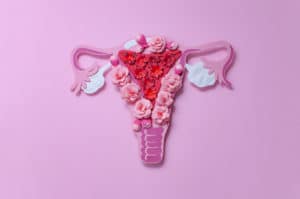Did You Know? Your Weight Could Affect The Age You Begin Menopause

Menopause. Perimenopause. Midlife Hormone Dance.
Whatever you want to call it, it seems there are more and more studies being conducted on menopause. And that’s a good thing because the more aware we are the better off we are. Knowledge is power.
A recent study conducted by the University of Queensland found that being over- or underweight could affect your perimenopause age. In other words, the age you begin the lead up to menopause.
The Study
The School of Public Health’s researchers were Professor Gita Mishra and PhD candidate Dongshan Zhu. They found underweight women were at higher risk of early menopause. In addition, overweight and obese women were more likely to experience late menopause.
“We looked at data from more than 24,000 women and found the average age of menopause was about 51 years,” Mr Zhu said.
“Underweight women had more than double the risk of experiencing early menopause compared to those with normal BMI. Overweight and obese women had more than 50 percent higher risk of experiencing late menopause,” he said.
“These associations were stronger for women who were underweight or obese at least five years prior to the onset of menopause,” he added.
Mr Zhu said early menopause was associated with a higher risk of heart disease, type 2 diabetes and osteoporosis. While late menopause increased the risk of breast and endometrial cancers.
“The link between obesity and late onset of menopause could be explained by a number of factors, including hormone levels and genetics, but more specific research is needed.”
For a link to the study click here
The research involved international collaborators and is published in the European Journal of Epidemiology.









